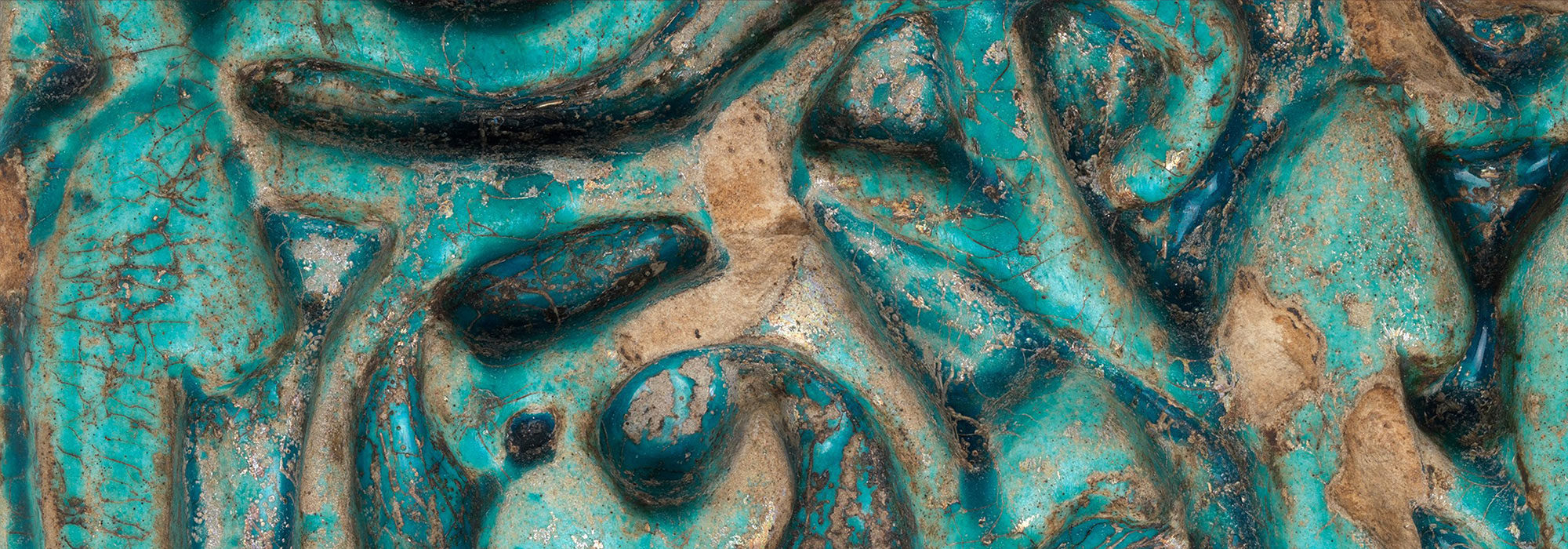Editorships
The Program in Islamic Law is home to SHARIAsource, an initiative at Harvard Law School that aims to collect the world’s information on Islamic law content and context, and make it universally accessible. It is a portal into the digital world of Islamic legal studies and related tools from data science and AI. To accomplish this mission, we work with libraries, data scientists, and you: the scholars.
Our growing community of Islamic law scholars includes a stellar group of leading senior scholars, regular editors, and students or fellows–who all participate in conversations about new scholarship and other developments in Islamic law, review and publish cutting-edge research, and collaborate on building and testing tools that will facilitate new research in the field. These editors have authored books in the Harvard Series in Islamic Law (with Harvard University Press), served as peer reviewers for the forthcoming Journal in Islamic Law, and commented on recent developments in the field through hosting thematic Roundtables or serving as guest bloggers on the Islamic Law Blog.
Editors’ FAQ
- What do editors do? Contribute sources to the SHARIAsource Portal for Islamic law (whether their own or from colleagues), serve as peer-reviewers for the Journal, and participate the private Forum or public Blog—all on a schedule that they determine according to their own commitments in coordination with our staff, for a renewable term of years (typically 3).
- Does becoming an editor involve a large time commitment? No. Our aim is to support and amplify Islamic law scholars’ existing work, requiring minimal additional time commitment with maximal support from PIL students and staff to help bring that work to a broader community that you are helping to build through your participation. The only formal requirement is to make 4 small contributions each year of your own work, peer reviews, or otherwise (see above). You can devote as much or little time as you like to engaging your community of peers.
- What qualifies me to apply for an editorship? Editors are scholars or advanced students of Islamic law, as recognized by degree-granting institutions, your peers, and publications.
- Can I connect with other scholars by become an editor? Why, yes. Editors receive invitations to join an online Community Forum and Editors’ Listserv designed specifically for scholars of Islamic law to share news, information, and informal comments about scholarship and new developments in the field … and to get to know other scholars in their field or otherwise whom they might not have otherwise encountered. We use our resources to help convene and facilitate conversations among scholars, early-career and advanced.
- Do you offer research support or other ways to improve my scholarship and the conversations around it? Yes. Editors will receive invitations to events organized by the Program in Islamic Law, a platform to highlight their own work (through their own page), and opportunities to apply for research assistance for projects that they do in collaboration with PIL. Editors will also gain early access to new collections and have opportunities to help shape the Digital Islamic Law tools.
- What resources are available to Editors through PIL and SHARIAsource?
- SHARIAsource Portal
- SHARIAsource Blog
- SHARIAsource Listserv (for editors only)
- Program Events
- Program Fellowships
- Program Mailing List (for all)
- Islamic Law Newsletters (monthly newsletters)
- Early access to digital tools for research
- Opportunities to receive research assistance
- And more …

